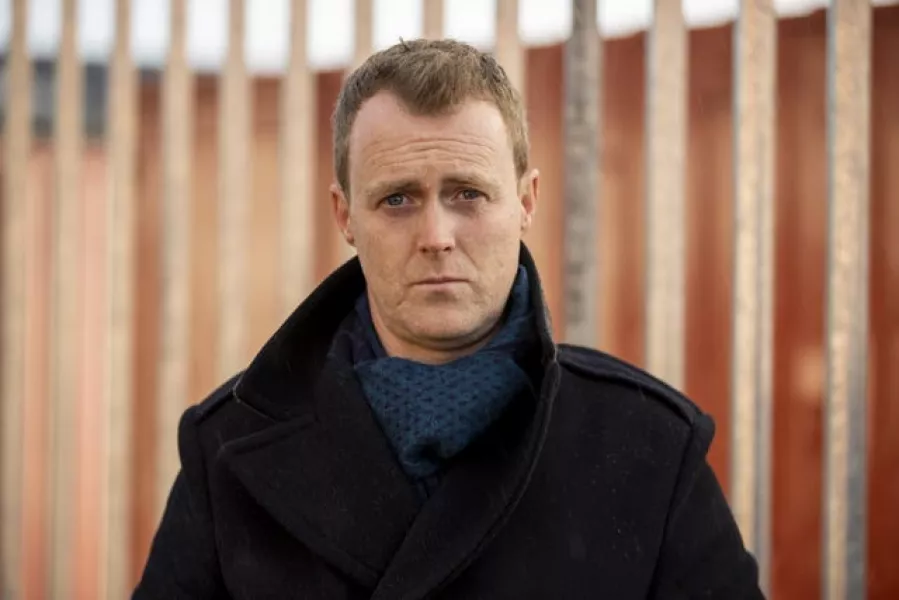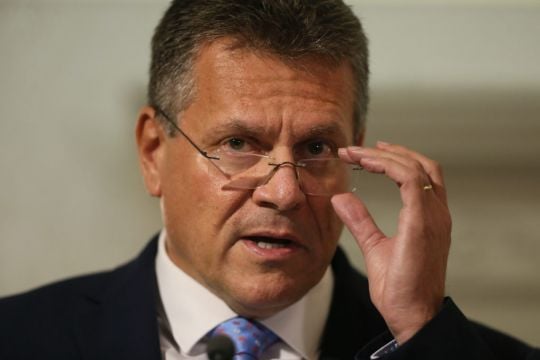European Commission vice-president Maros Sefcovic said the role of the European Court of Justice (ECJ) was mentioned to him only once during all of his discussions and interactions with people in Northern Ireland over post-Brexit arrangements.
It came after a trade body said companies across the UK are not concerned about the ECJ’s role in the Northern Ireland Protocol.
The UK government has demanded that the ECJ is removed from its role in protocol as the arbitrator of trade disputes.
Mr Sefcovic said: “Referring to my visit to Northern Ireland, it left me with very lasting impressions and I really met a lot of stakeholders and I saw big positive excitement about the opportunities dual market access represents.
“Many of the proposals we are putting on the table were indeed inspired by one of the first meetings I had in Northern Ireland with the Business Brexit Working Group.
“I heard from the representatives of the business communities, I heard from business leaders at Stormont, I heard from representatives of civic society.
“I can tell you that in all the meetings I had, and I had quite a few interactions, exchanges and discussions, the issue of the European Court of Justice was mentioned once.
“When I first heard about this issue it was probably in the Command Paper which was published by the UK Government just before the summer break.”

Seamus Leheny, a representative of trade body Logistics UK, told BBC News: “We have got 18,000 members across the UK and we haven’t had any representation from any member regarding the ECJ.
“What people want is solutions to the protocol, they want the protocol to work and that is what we are interested in.”
He added: “What people are looking for, we are in solution mode here, and the logistics industry, we are solution seekers.
“We want to get these fixes that the EU have proposed.
“We need to see the legal text obviously to make sure the safeguards are there but people just want to build on this because they see the best way for peace in Northern Ireland is improve people’s prospects and livelihoods.
“That’s when I speak to businesses, that’s what they want.”







